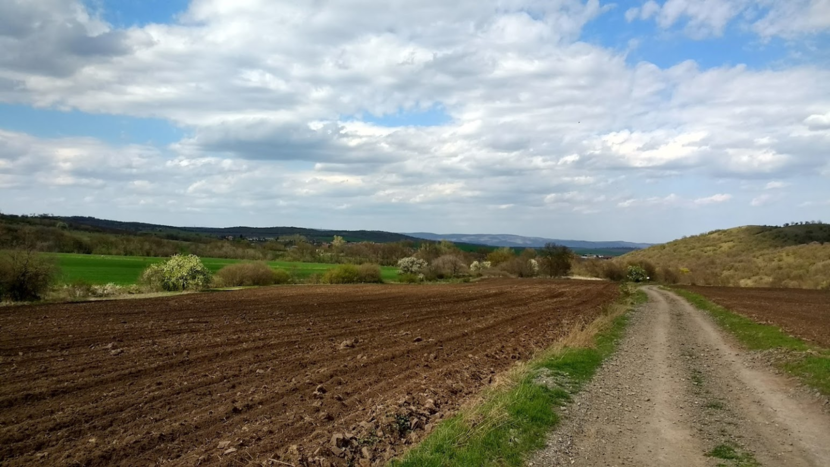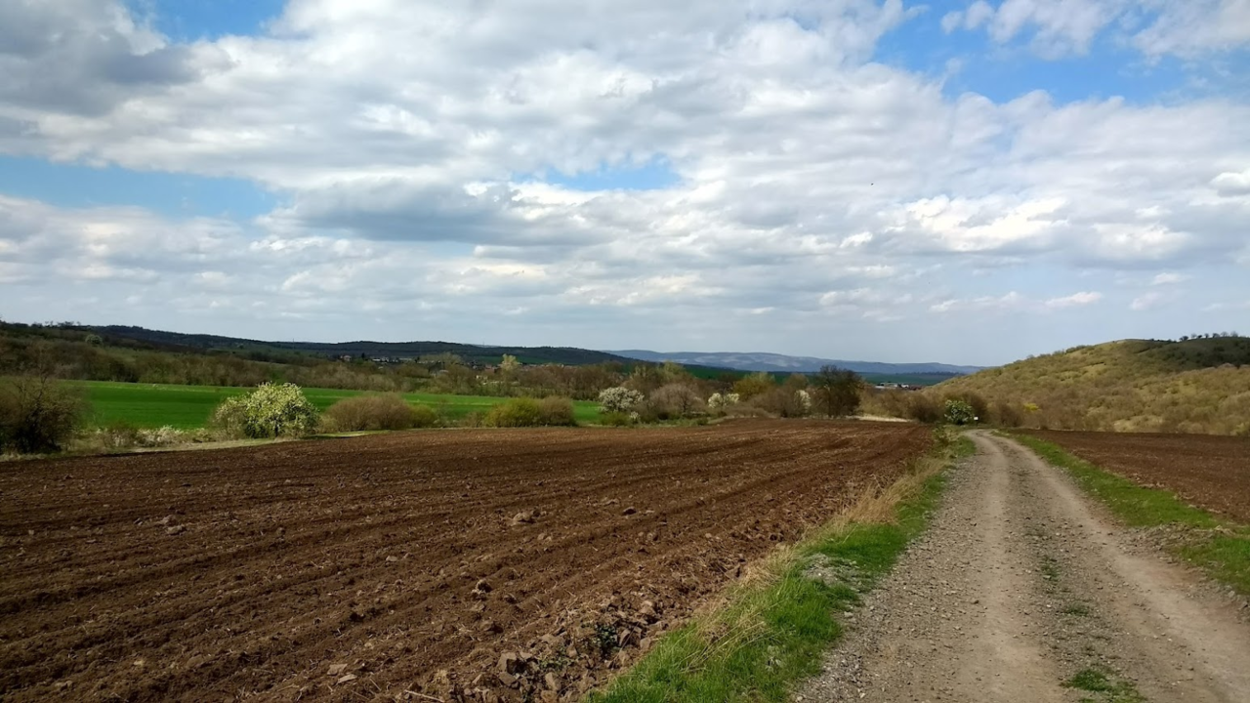A comprehensive overview of trends, strengths, weaknesses, opportunities and threats of the land market, upgraded with a background on the production structure and factors of business and policy importance like irrigation, fertilization, CAP implementation.

With its fertile soils, favorable climate and key geographic location, Bulgarian agricultural land, being suitable for various high-value-added crops, represents substantial business opportunities in multiple aspects. In the same time, the Netherlands, being among global leaders in technology, knowledge, know-how and capital in agriculture, could be an important investor, partner and supplier in unlocking that potential.
Identifying these significant cooperation opportunities, in 2025, the Netherlands Agricultural Network commissioned a market study on Bulgarian Land Market. It is not only an extensive report that highlights trends, strengths, weaknesses, opportunities and threats of the land market itself, but also adds a comprehensive background on the production structure in Bulgarian agriculture along with an overview of factors of business and policy importance like irrigation, fertilization, CAP implementation.
The aim of the report is to provide various kinds of Dutch parties – businesses, investors, institutions, etc., with the full set of needed starter information for their decision-making process in order to explore opportunities in Bulgarian agriculture.
Land market
Bulgaria is positioned as a high-yield, low-cost land market in the EU. While not as cheap as some Baltic or Balkan peers, its higher rental levels make it one of the most attractive countries for farmland investment. Land prices in Bulgaria continue a 10-year upward trend (excl. 2020) – 7.3% cagr. Rent prices grow moderately by 2.9% cagr. There are significant regional differences, based on soil quality and production structure. The drop in crop prices and deteriorating yields led to a recently stagnating lease price. We assume a possible downward trend in land prices in the next couple of years. Future value growth depends on consolidation, irrigation investments, and continued CAP alignment.
After 2014, EU citizens and companies registered in the EU can freely purchase and lease agricultural and forest land in Bulgaria, under the same conditions as Bulgarian nationals – directly or via a registered Bulgarian company.
Soils and climate
Bulgaria’s varied terrain and climate contribute to a highly fragmented soil landscape. The country features over 40 soil subtypes across seven major groups, with chernozem and its variant, modified chernozem (smolnitza), being the most important for agriculture.
Bulgaria features continental climate in most areas, Mediterranean influence in the south, and alpine climates in the mountains. Climate conditions are generally favorable for various types of crops, but challenges related to climate change (droughts, frosts, extreme events) are increasingly noticeable and emphasize the importance of technology, knowledge and practices for climate adaptation and risk mitigation.
Land use and production structure
Bulgaria has approx. 5 million ha agricultural area that is divided as follows: 3.48 million ha arable land; 1.38 million ha permanent grassland; 131 thousand ha of orchards and vineyard; 200 thousand ha of uncultivated area.
The current landscape of Bulgarian agriculture is dominated by large-scale cereal and oilseed production, while high-value added crops are way-off their potential, as well as livestock production. Some reasons for the current situation, among others, lay in land restitution, the lack of working irrigation strategy, which brings wheat and sunflower on top of the crops sown, and strong competition from other EU countries.
Land ownership and use is continuously concentrating with Bulgaria being among EU countries with highest share of very large agricultural holdings.
Irrigation and Fertilization
Bulgaria had well-developed state irrigation system back in the 1980’s which provided water to 1/3 of total arable land. By 2009-2012 most of the technical infrastructure was already outdated, poorly maintained, plundered or depreciated, which led to scrapping of the underground piping systems. By 2023 the total irrigated area declined by a factor of 17 compared to 2000 and by a factor of 39 compared to 1980’s.
Bulgaria includes irrigation among its CAP priorities (rehabilitation of hydro-amelioration infrastructure, improved water efficiency, and targeted investment support). The government is pushing for modernization of irrigation systems and expanding the irrigated area — near-term targets of 150,000 ha and longer-term ambitions of hundreds of thousands to ~800,000 ha.
Bulgarian farmers mainly use mineral fertilizers. The high use of inorganic N can be explained by the large-scale crop production; lack of manure; inorganic fertilizers are easier to use; farmers don’t have the necessary equipment for manure fertilizing. The inorganic fertilizers usage and their per hectare input are already surpassing the EU average levels, bypassing Germany and France for example.
Organic fertilizing in Bulgaria remains at a level of around 85-100 000 tonnes of nutrient in the past ten years. The relatively stable but low number of livestock cannot provide sufficient organic fertilizers.
Opportunities for Dutch investors and suppliers
Purchasing agricultural land as an asset investment is the easiest way to invest in Bulgarian agriculture. However, time for this might not prove right if expectations for lower returns via rent materialize.
There are many other business opportunities for Dutch companies – from starting a farm on purchased land to buying developed ag business. Netherlands advances in precision ag, land improvement, etc. will bring value to initial investment.
Dutch experience in fruit and vegetable growing, greenhouse production and animal husbandry will position potential investors as top tier market players among local producers.
Dutch equipment and product suppliers have great niches to explore monetizing on poor farm input efficiency (high N,P, K usage), underutilized irrigation system and the greening of the CAP.
More information
If you have further interest and questions on the topic, we would be happy to assist you. Please contact the Netherlands Agricultural Network team in Sofia at sof-lvvn@minbuza.nl
“Bulgarian Land Market 2025” report is commissioned by LAN and prepared by InteliAgro – independent market research and consultancy think tank in Bulgarian agri-food sector – www.inteliagro.bg.

